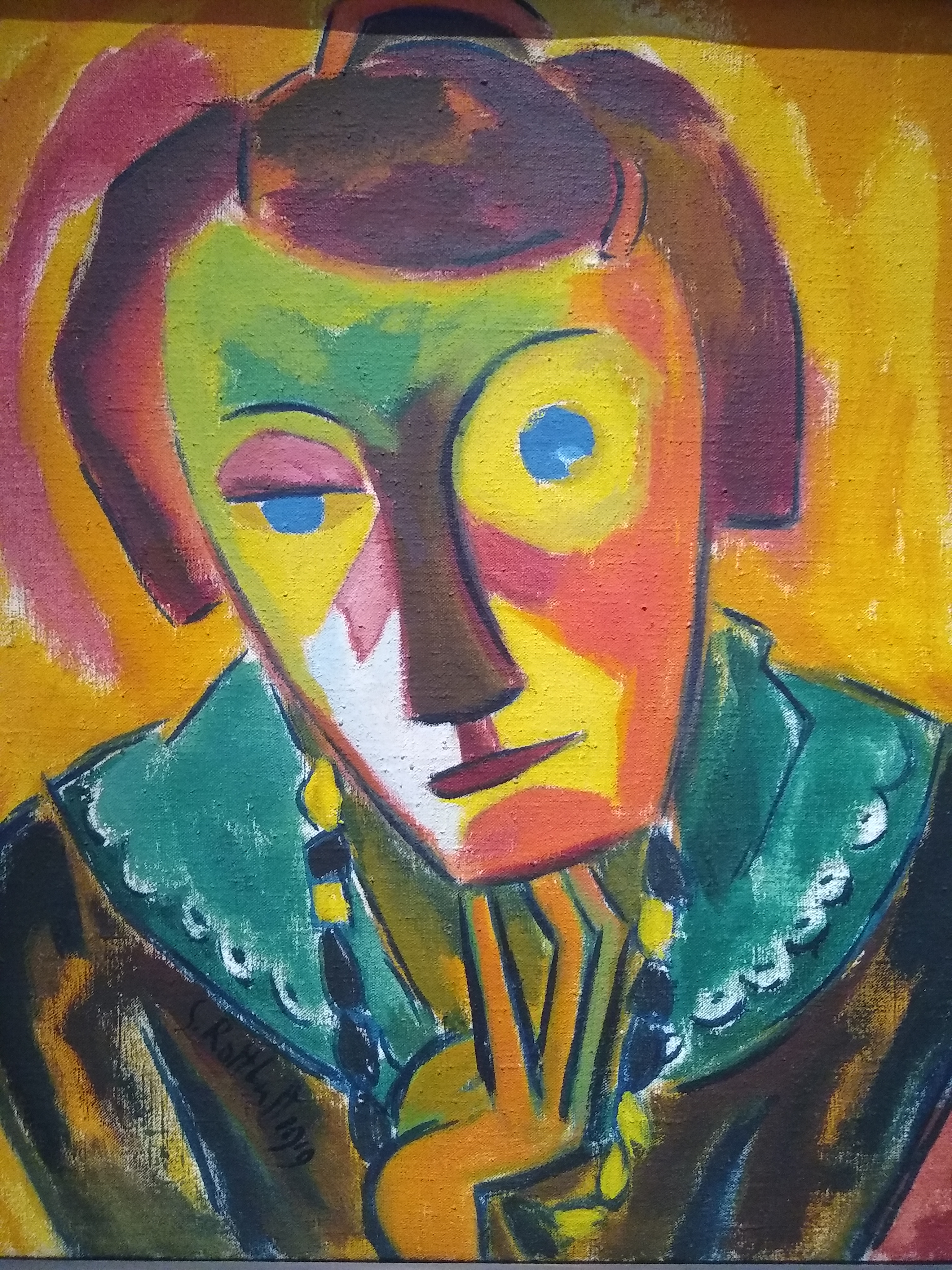PFCQC: STAQ: Software-Tailored Architecture for Quantum co-design

- funded by: NSF
- (phase 1 award abstract) via subcontract from Duke U.
- funding level: $320,000
- duration: 08/01/2021 - 07/31/2023 (no-cost extension to 07/31/2024)
-
(phase 2 award
abstract) via subcontract from Duke U.
- funding level: $2,250,000
- duration: 09/01/2023 - 08/31/2028
Quantum computing has the potential to provide a significant advantage
over classical computing in terms of algorithmic complexity. The STAQ
project is focused on demonstrating such an advantage on an ion trap
quantum hardware platform developed at Duke with 64 or more qubits.
This requires a co-design between hardware and software to be
successful, which Duke University has been developing. NCSU
complements these efforts, potentially leading to earlier
demonstration of quantum advantage, by creating a transpiler to
translate Qiskit programs to run on STAQ devices, assess benefits of
creating complex native gates, and modeling the reliability of STAQ
ion trap quantum computers.
Publications:
- Quantum Annealing
Stencils with Applications to Fuel Loading of a Nuclear Reactor by
Joseph Fustero, Scott Palmtag, Frank Mueller in
IEEE International Conference on Quantum Computing and Engineering (QCE), Oct
2021
-
Mapping Constraint Problems onto Quantum Gate and Annealing Devices
by Ellis Wilson, Frank Mueller, Scott Pakin
in International Workshop on Quantum Computing Software, Nov 2021.
-
"Empirical Evaluation of Circuit Approximations on Noisy Quantum Devices"
by Ellis Wilson, Frank
Mueller, Lindsay Bassman, Constin Iancu,
in Supercomputing (SC), Nov 2021, pages, Preprint arXiv:2107.06701
- Quantum Physics Inspired Methods for Two-Batch PWR Loading Pattern Optimization by
Joseph Fustero, Frank Mueller, David Kropaczek, Colleen Farrelly in
American Nuclear Society, Annual Meeting (ANS-AM), Jun 2022
-
Combining Hard and Soft Constraints in Quantum Constraint-Satisfaction Systems
by Ellis Wilson, Frank Mueller, Scott Pakin
in Supercomputing (SC), Nov 2022. Software artifact
github and NchooseK main repo
- QisDAX: An Open Source Bridge from Qiskit to Ion Trap Quantum Devices and Beyond by
Kaustubh Badrike, Aniket S. Dalvi, Filip Mazurek, Marissa D'Onofrio, Jacob Whitlow, Tianyi Chen, Samuel Phiri, Leon Riesebos, Kenneth R. Brown, Frank Mueller in
IEEE International Conference on Quantum Computing and Engineering (QCE), Oct
2023. Software artifact QisDAX
- DISQ: Dynamic Iteration Skipping for Variational Quantum Algorithms by
Junyao Zhang, Hanrui Wang, Gokul Subramanian Ravi, Fred Chong, Song Han, Frank Mueller, Yiran Chen in
IEEE International Conference on Quantum Computing and Engineering (QCE), Oct
2023
Theses:
Educational Material:
"This material is based upon work supported by the National Science Foundation under Grant No. 1917383."
"Any opinions, findings, and conclusions or recommendations expressed in this material are those of the author(s) and do not necessarily reflect the views of the National Science Foundation."
